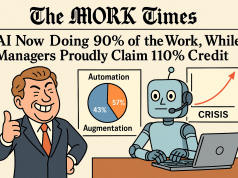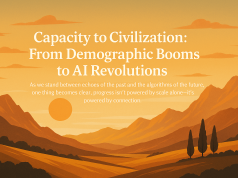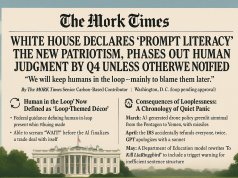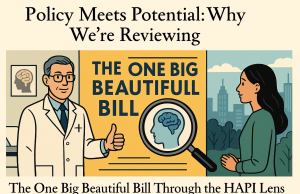In an era of intensified global interaction, the public sector is at a critical juncture. Globalization—the intricate interweaving of economies, cultures, and governments—has not only transformed the private sector but has also cast a long and formative shadow over public sector careers. As borders become less significant and the world’s issues more interconnected, the very definition of a ‘government job’ is evolving with unprecedented velocity.
Historically, careers within government agencies were characterized by their domestic focus, but those days are receding into the past. Today’s public sector employees must navigate a raft of global issues: from climate change and international terrorism to global health crises and cyber threats. These complex challenges demand new skills and a novel approach to career development.
One of the most visible changes is the demand for language and cultural proficiency. Public sector employees are increasingly expected to manage international partnerships and understand the cultural context of their work. For instance, the US Department of State’s Foreign Service officers are now trained in not just diplomacy but also regional expertise and languages, equipping them to effectively engage on the world stage.
Moreover, digital transformation has brought about a need for IT proficiency, data literacy, and cybersecurity awareness. Case in point, the UK’s Government Digital Service (GDS) is pioneering new standards in digital innovation, fostering a culture where digitally skilled civil servants facilitate efficient and accessible public services.
The influx of international talent has also diversified the public sector workforce. Governmental bodies are striving for a workforce that mirrors the global community they serve, seeking individuals who bring varied perspectives to policy-making and problem-solving.
However, these developments do not come without their challenges. International collaborations can be fraught with complex policy issues, and adapting to global standards requires significant resources and policy shifts. Public sector employees must be adept at navigating these complicated dynamics to leverage international partnerships effectively.
The symbiotic relationship between globalization and the public sector also opens up opportunities. International collaborations can lead to shared innovations, best practices, and resources that elevate the quality of public service. For example, the collaboration between the European Space Agency and NASA on various space missions demonstrates how pooling resources and expertise can lead to groundbreaking achievements.
In light of these shifts, public sector professionals must be proactive in upskilling and reskilling. Continuous learning and cross-disciplinary expertise will be the cornerstone of a resilient and adaptable government workforce. Institutions such as the Harvard Kennedy School offer executive education programs that equip public leaders with the required tools to excel in an increasingly globalized landscape.
In conclusion, globalization is not a transient trend but a permanent fixture in public sector careers. To stay relevant and competitive, professionals need to adapt, embrace a global outlook, and champion inclusivity. As the public sector continues to interface with international entities and global issues, the career trajectories of government employees are set to become more dynamic and influential than ever before.
For public sector professionals, the message is clear: in a globalized economy, the ability to adapt and evolve is not just an asset; it’s an imperative. Whether through cross-cultural communication training, technology upskilling, or strategic partnerships, those in the public sector must be primed for the shifting tides to navigate the future of their careers successfully.




























